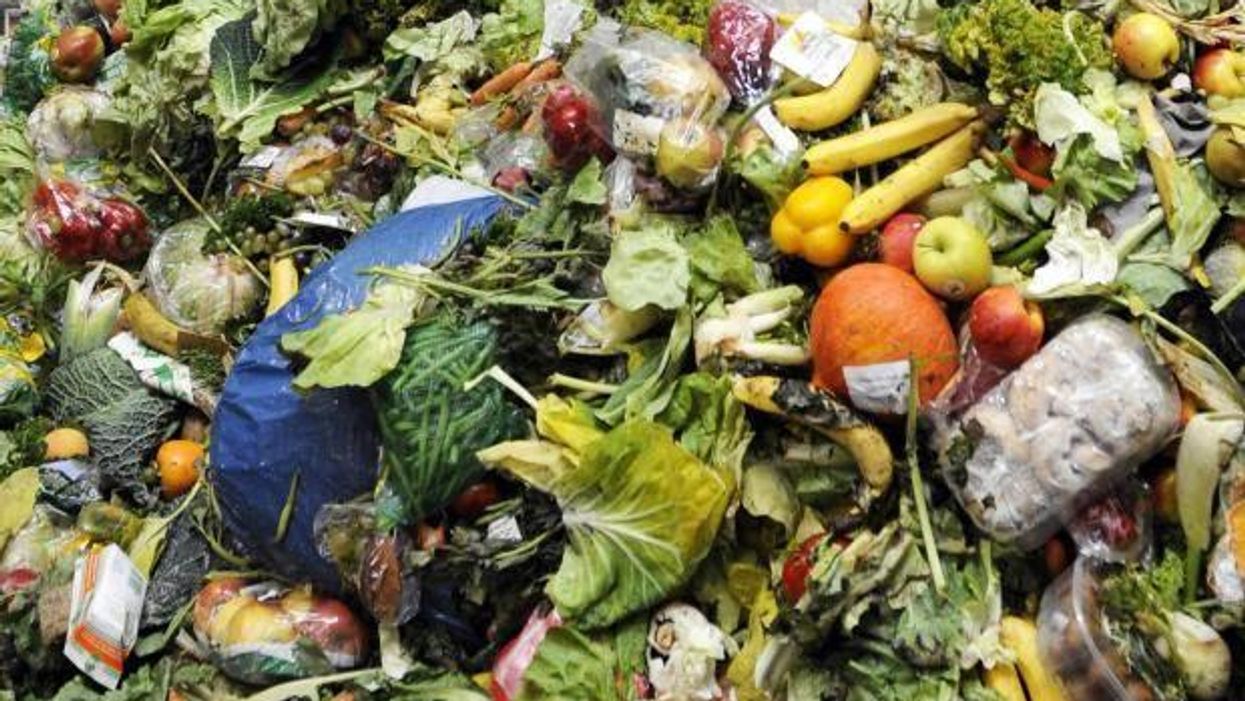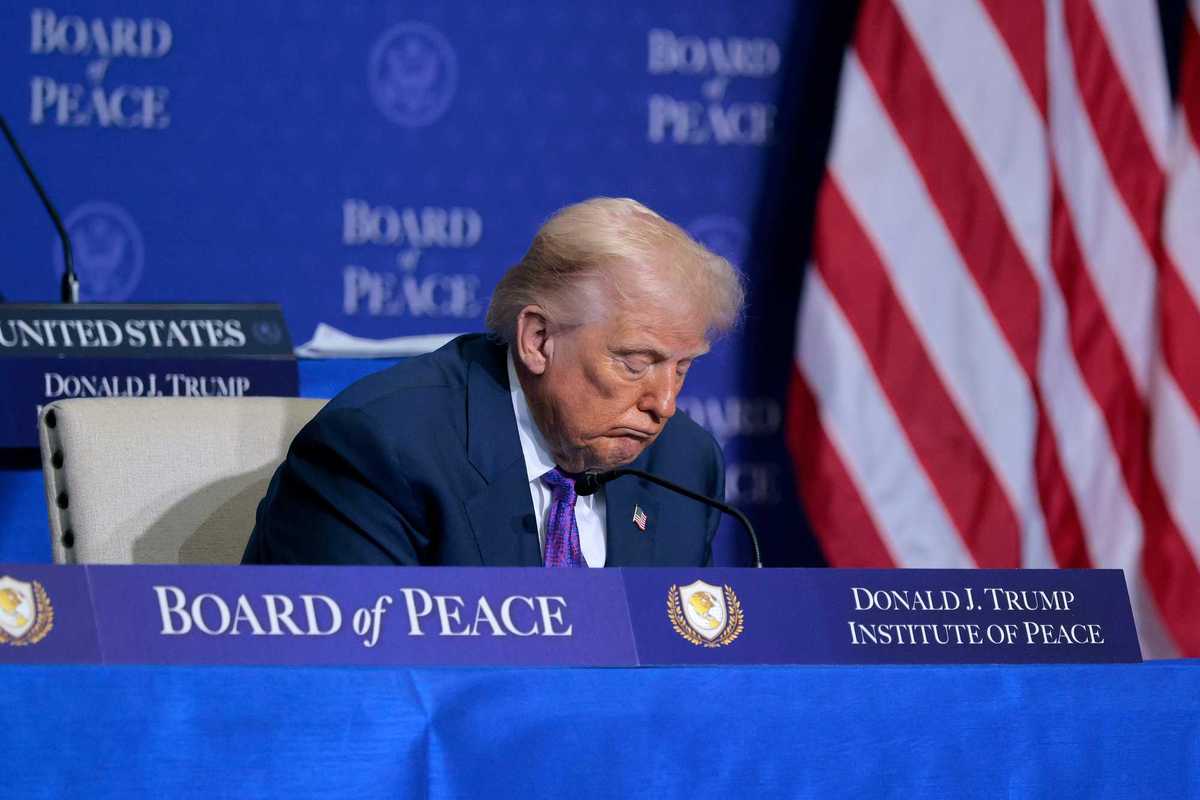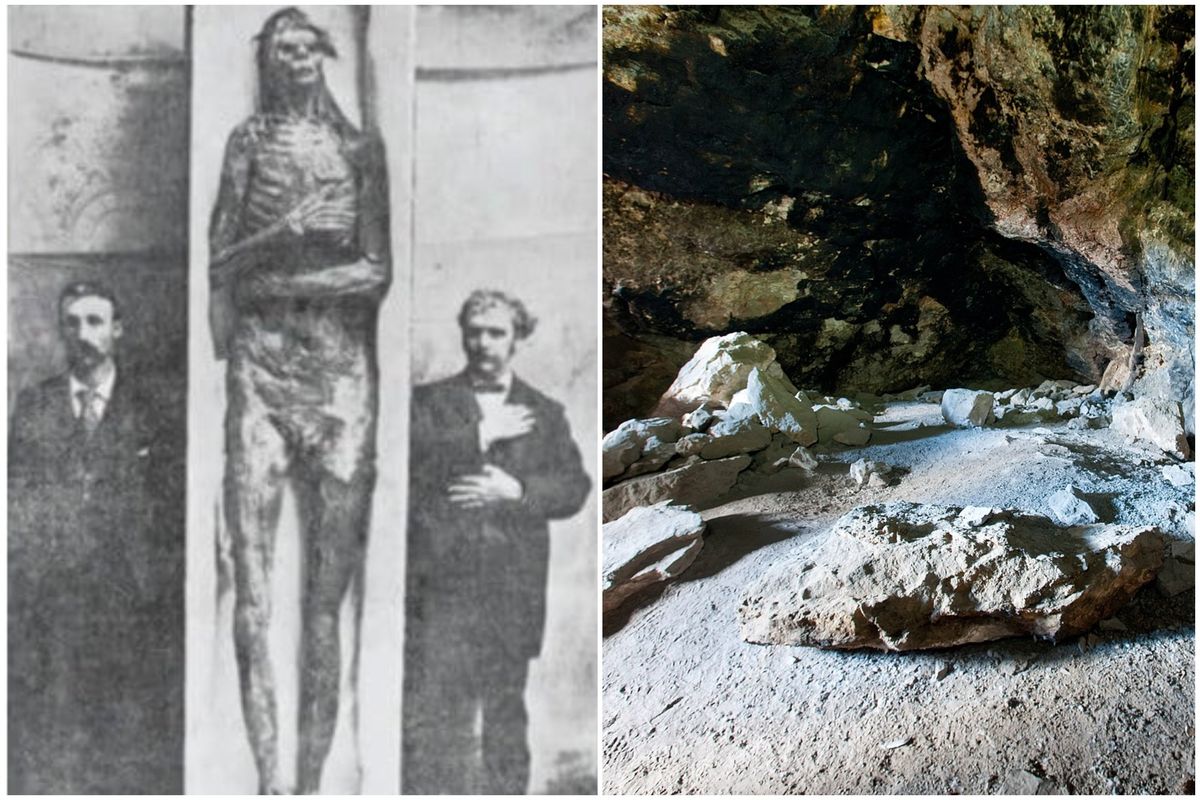News
Narjas Zatat
Feb 26, 2018

Supermarkets in France that throw away edible food are breaking the law.
Giving left over food to charities, once an act of good will, is now a requirement under a 2016 law, and stores can be fined $4,500 (£3,224) for each violation.
At the time of the signing in of the law in 2016, Jacques Bailet from Banques Alimentaires, a network of food banks, told the Guardian:
Most importantly, because supermarkets will be obliged to sign a donation deal with charities, we’ll be able to increase the quality and diversity of food we get and distribute
In terms of nutritional balance, we currently have a deficit of meat and a lack of fruit and vegetables. This will hopefully allow us to push for those products.
So, did it work? And how?
Almost two years on, Bailet tells NPR the new law increased the amount of donations, and the quality of donated food also improved.
Volunteers go to over 9,000 supermarkets throughout France. There, they collect food – yoghurt, pizza, fresh fruits and vegetables, and cheese.
After loading it into a van, approximately 125,000 volunteers drop the goods off in churches and other places, where food bank networks distribute them to poor families.
In France, over 5,000 charities rely on food banks, and thanks to the law, almost half of their donations come from super markets.
Parliamentarian Guillaume Garot, who wrote the law, says:
It's changed the supermarkets' practices. They're more attentive to their environment, and they give more.
Fantastic.
More: French President Macron thinks he has a 'very direct' relationship with Trump
Top 100
The Conversation (0)













